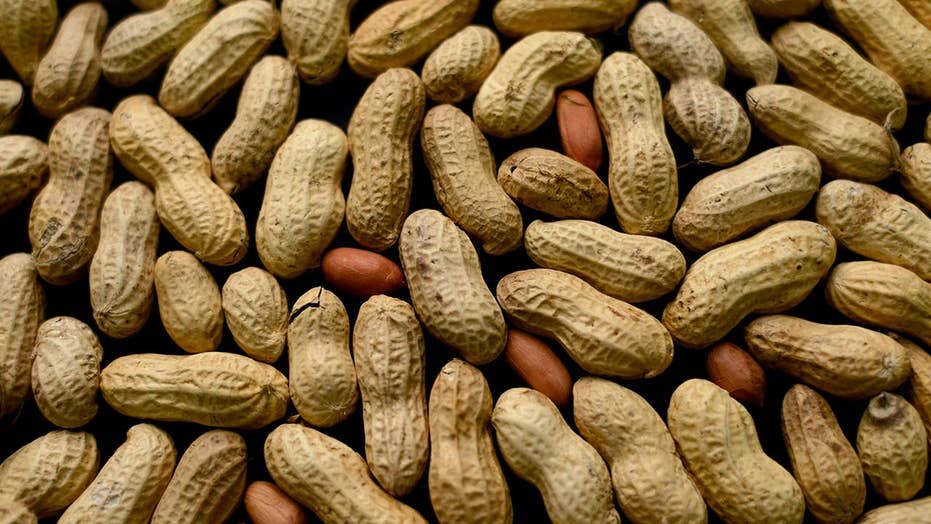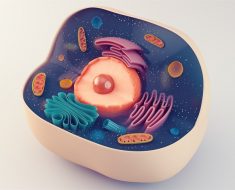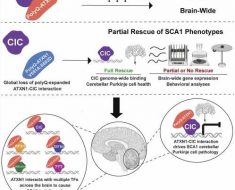
A look at the new peanut allergy breakthrough
Dr. Marc Siegel provides insight into the allergy treatment.
Scientists are inching closer to a drug that may protect peanut allergy sufferers from potentially life-threatening complications that can occur due to accidental consumption. While the drug is not being hailed as a cure for peanut allergy, it has proven successful in building up patients’ tolerance to peanuts over time, lessening the potential for life-threatening complications.
“We’re excited about the potential to help children and adolescents with peanut allergy protect themselves against accidentally eating a food with peanut in it,” said allergist Stephen Tilles, MD, ACAAI former president, study co-author and consulting advisor for Aimmune Therapeutics, according to EurekAlert. “Our hope when we started the study was that by treating patients with the equivalent of one peanut per day, many would tolerate as much as two peanuts. We were pleased to find that two thirds of people in the study were able to tolerate the equivalent of two peanuts per day after nine to 12 months of treatment, and half the patients tolerated the equivalent of four peanuts.”
FDA WARNS AGAINST HONEY PACIFIERS AFTER TEXAS INFANTS HOSPITALIZED WITH 'RARE' ILLNESS
The results, which were presented Sunday at the College of Allergy, Asthma and Immunology Annual Scientific Meeting and published in the New England Journal of Medicine, were based on study participants ranging in age from 4 to 55 years old. All participants, who mostly fell between ages 4 and 17, had a peanut allergy, but one third received a placebo while the rest were given a peanut protein powder that increased in dose over time.
Participants ingested the peanut protein under the supervision of a board-certified allergist as part of a process called an oral food challenge (OFC).
“Reactions from the oral challenges at the end of the study were much milder than prior to treatment,” Tilles said, according to EurekAlert. “On average, the participants were able to tolerate a 100-fold higher dose of peanut at the end of the study than they did at the beginning. In addition, the symptoms caused by the 100-fold higher dose at the end of the study were milder than the symptoms on the lower dose at the beginning of the study.”
EXPERTS: CHILDREN AT RISK OF LEAD POISONING IN CHATTANOOGA
With FDA approval this drug would mark the first treatment available by prescription for peanut allergies. The study’s authors noted that patients would need to stay on the drug in order to receive protection against the allergy.
“This is not a quick fix, and it doesn’t mean people with peanut allergy will be able to eat peanuts whenever they want,” Jay Lieberman, MD, vice chair of the ACAAI Food Allergy Committee and study co-author, said, according to EurekAlert. “But it is definitely a breakthrough. The hope would be to have a treatment available in the second half of 2019. If that happens, people who receive and are able to tolerate this treatment should be protected from accidental exposures.
Source: Read Full Article





